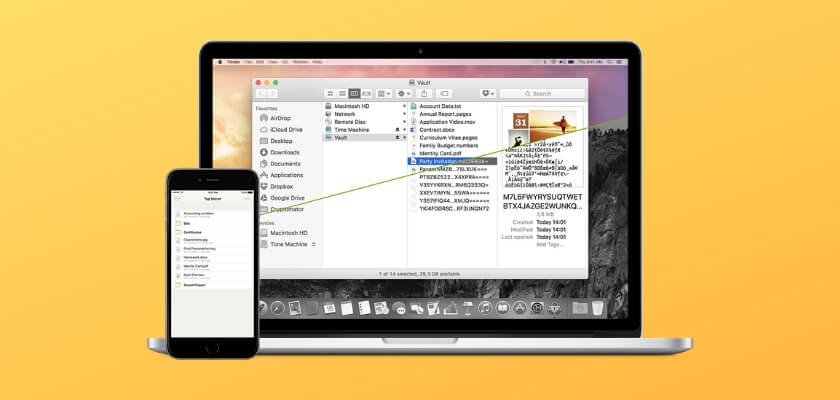The value and importance of data encryption on the internet these days to ensure the protection of personal data and privacy cannot be overstated.
Encrypted files or messages can be accessed only by those authorized to do so, preventing unwanted parties from learning their content.
But the process is usually cumbersome and off-putting to most non-technical users, and even technically more savvy users, who often decide to forego employing encryption for the sake of convenience. This leaves the market open for user-friendly solutions, and Cryptomator is just one such app.
Cryptomator is geared toward securing files users upload from their mobile devices to cloud storage services, such as Dropbox, Google Drive, and OneDrive. The program is also available on the desktop for all major operating systems, providing transparent, client-side encryption.
To celebrate Easter, Cryptomator announced a sale on Twitter, offering iOS and Android user 40 percent off throughout this week.
What those who sign up are getting is easy-to-use encryption of files on their mobile devices, before they are uploaded to the cloud – without the need to create separate accounts or configure the program any further. Users instead create a vault and assign a password to it.
The app’s creators explain that file content and filename are encrypted with AES and 256-bit key length. This means that it would take a supercomputer, let alone a brute-force, i.e., trial-and-error attacker, millions of years to crack the protection. Vault passwords are also protected from brute-force attempts.
Cryptomator is open and free source software, meaning that all its code components are publicly available for audit, while the licensing model also ensures against vendor lock-in. This is a crucially important point whenever an app or a service offers security and privacy – as the next logical question is the integrity and trustworthiness of the product itself.
The app, that in 2016 received the CeBIT Innovation Award for Usable Security and Privacy, is currently in the hands of hundreds of thousands of users, the company behind it says.













